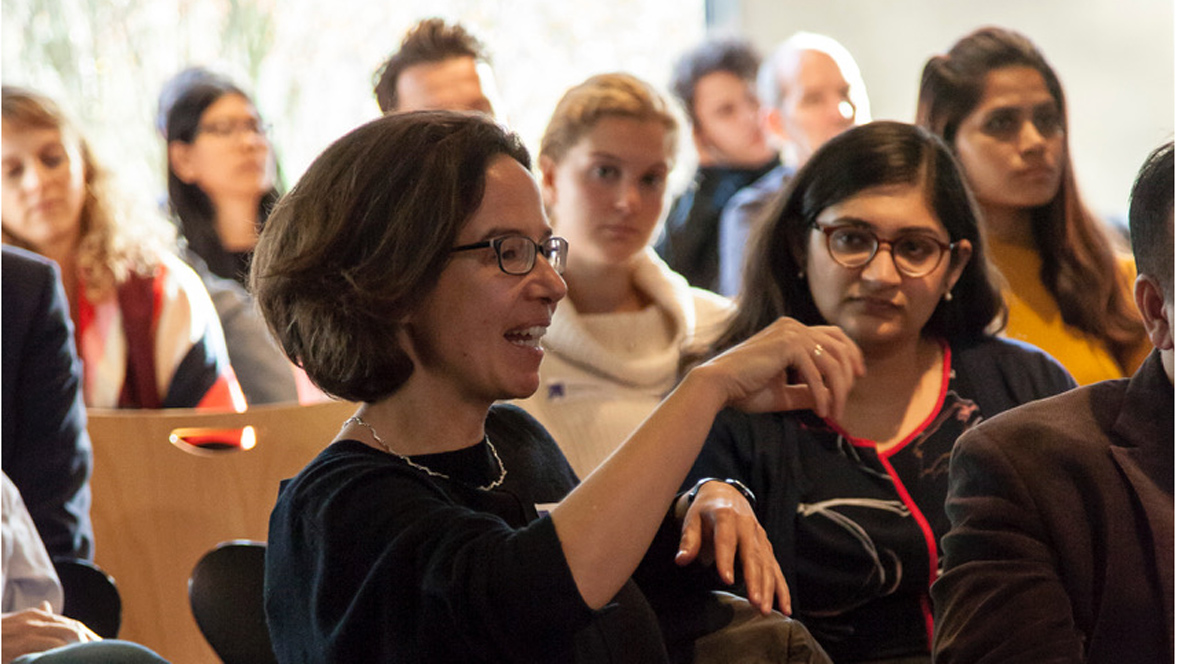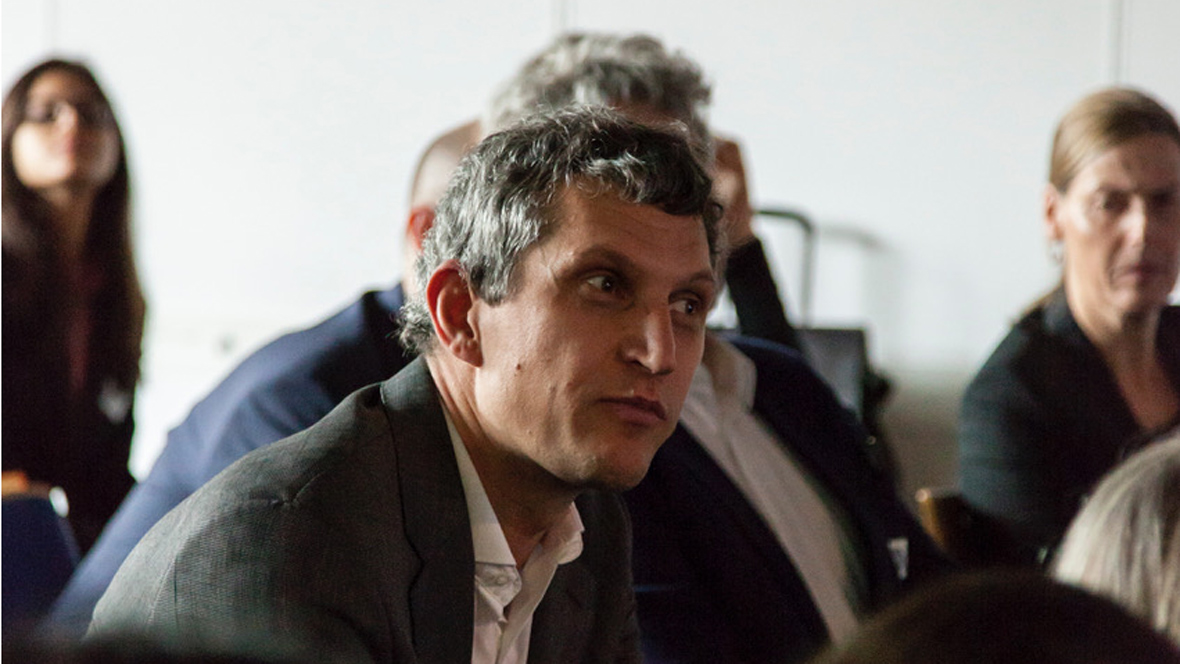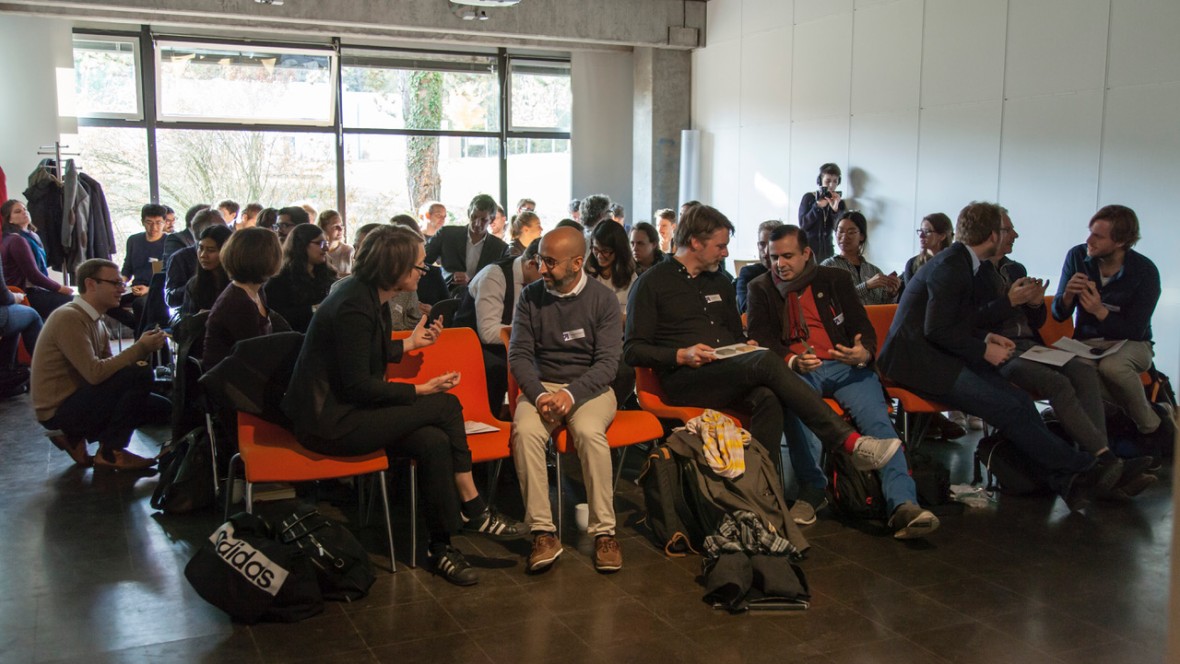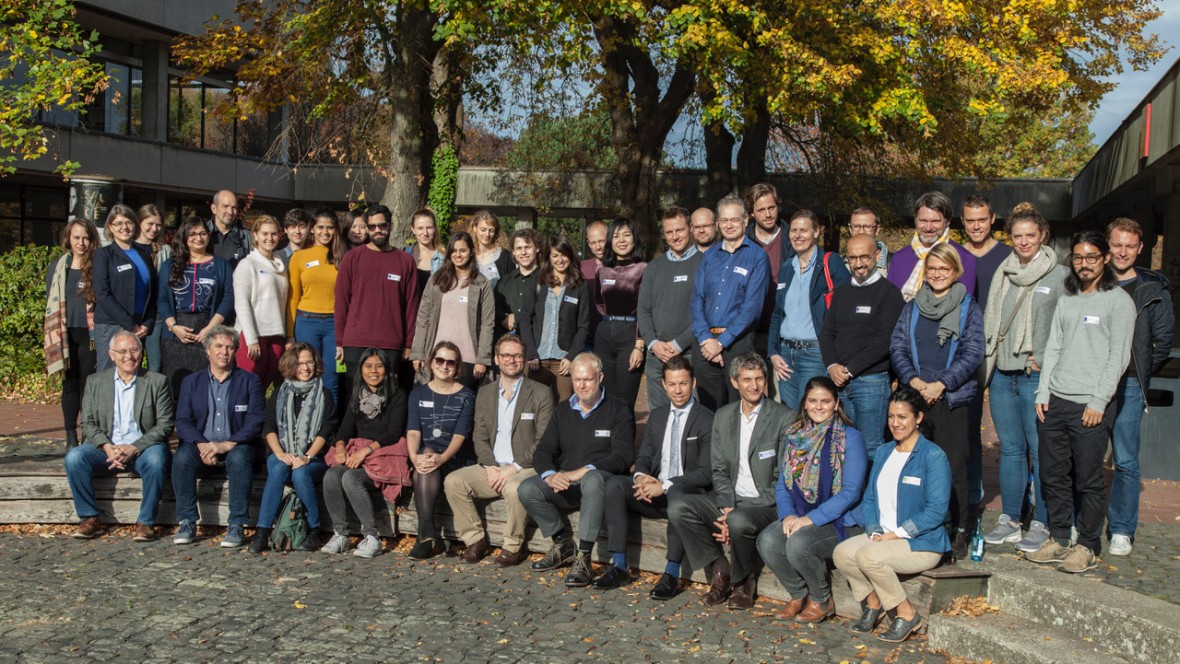International workshop on Universal Design in urban mobility systems
To provide access to safe, affordable, accessible and sustainable mobility is key to UN Habitat III and its Sustainable Development Goals (SDGs) for cities. The specific needs of persons with disabilities should be considered at the starting point and central component rather than afterthoughts in implementing SDGs. Global NGOs recommend to address topics as multimodal travel chains, compact and mixed used urban planning, as well multifunctional and »complete« streets and public spaces. In Germany, existing policies have been extended recently, with the goal that all public transport will have to be »fully barrier free« by 2022. This leaves stakeholders world wide with open questions as to what constitutes barriers in public space, how can accessibility be implemented and how can it be connected to other SDGs. It is important to note that accessibility issues are multifaceted and more interdisciplinary research is needed to identify physical and mental barriers, to better understand accessibility and to develop more integrated urban design solutions.
Thank you to 20 international experts from urban planning, architecture, universal design, transport, human geography, sociology for their contributions to two packed days of inspiring presentations and discussions at TU Darmstadt. In four sessions, 70 workshop participants discussed definitions and good practice examples, societal drivers, research methods and implementation strategies of “accessible hubs”. Stay tuned for Accessible Hubs – Online Workshop with selected videos of the presentations and the Book of Proceedings published in February 2019.
Impressions: Workshop outlines new research directions in urban design & accessibility
8 and 9 November 2018, TU Darmstadt, Germany
Mobility hubs can play a pivotal role in providing equal access for people with specific mobility needs. They are evolving to address current societal changes in trade, digitalization and sharing economies. The term Accessible Hubs highlights that accessibility should be in the centre of this development. The scientific objectives of this international workshop are:
- To identify urban design factors hindering further implementation of accessibility in mobility systems.
- To gain a better understanding of guiding principles suitable to co create, implement and assess accessibility in urban mobility hubs.
- To identify new alliances that will research and implement new concepts of accessibility in urban mobility systems with regards to changing physical, social and digital affordances
A specific focus is given to Universal Design as »a way of designing a building or facility, at little or no extra cost, so that it is both attractive and functional for all people, disabled or not« (Mace, 1985). In other words, specific accessibility needs of people with motoric or cognitive impairments, young children, families with infants, the elderly, etc) are the starting point to develop solutions that are easier to use or to access for all.
This two-day workshop will focus on medium-sized to regional mobility hubs in urban agglomerations in Europe.
When?
November 8-9, 2019
Where?
Technische Universität Darmstadt
El-Lissitzky-Str.1
64287 Darmstadt
Organizer
Research Group Urban Health Games
Registration
To attend the workshop, pre-registration is required. Please sendyour registration to hubs@stadt.tu-… by 31 Oct 2018.
Agenda
The programme of international speakers is available here (opens in new tab).















